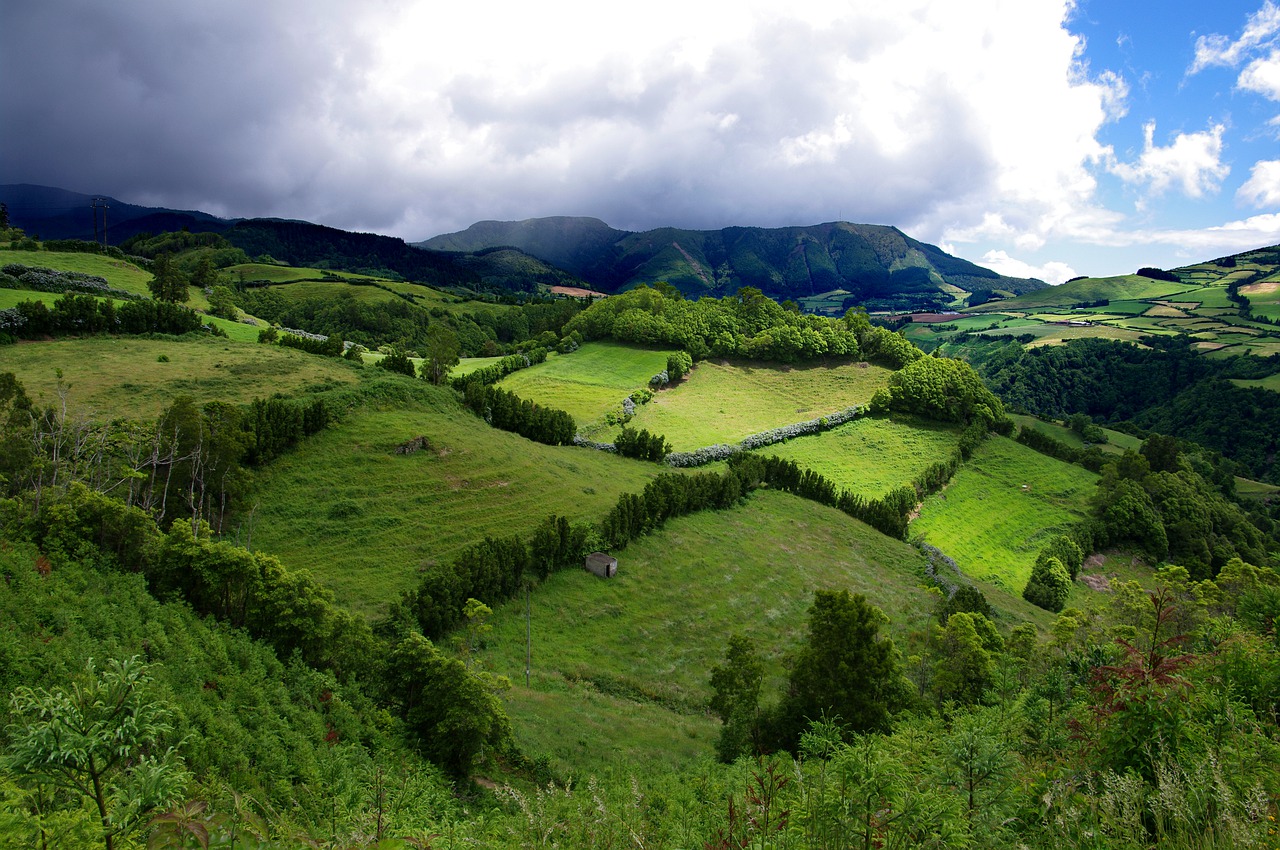People may have settled on islands in the Azores archipelago some 700 years before the arrival of Portuguese sailor Diogo de Silves in 1427, according to a Phys.org report.
Pedro M. Raposeiro of the Research Centre in Biodiversity and Genetic Resources and an international team of scientists collected sediment cores from several lakes on the Azores islands. Analysis of the materials in a core taken from Peixinho Lake on Pico Island detected compounds usually associated with the feces of cows and sheep in a layer dated to between A.D. 700 and 800.
An increase in the number of charcoal particles and a decline in native tree pollen in this layer also suggest that humans were clearing land for grazing livestock. Cores taken from Caldeirão Lake suggest people arrived on Corvo Island about 100 years later, and evidence of non-native ryegrass was found in sediments taken from a lake on a third island, the researchers explained. They think these islands may have been inhabited by wandering Norse seafarers.
source archaeology.org
Ask me anything
Explore related questions





